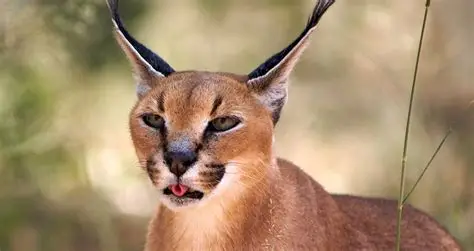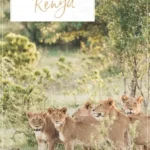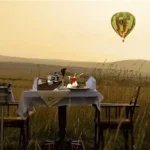Hidden Seasons in Kenya: Exploring Lesser-Seen Wildlife Moments
Discover Kenya Beyond the Great Migration
When most travelers think of Kenya, they picture the Great Migration dramatic river crossings and thundering herds. Yet, there’s another side to this wild land. Hidden Seasons in Kenya reveal quieter, greener, and more intimate wildlife moments that many visitors never see.
These are the times between the peak seasons when the landscapes breathe again, animals thrive without crowds, and nature’s rhythm feels softer but no less magical.
The Green Season: Life Returns
From November to May, the rains bring Kenya back to life. Lush grass carpets the Savannah, wildflowers bloom, and rivers refill. This is the season of birth baby elephants, zebra, and wildebeest take their first steps, while migratory birds fill the skies.
The Green Season is also a dream for photographers: dramatic skies, rich colors, and fewer tourists mean quieter, more personal safaris. Destinations like the Maasai Mara, Amboseli, and Tsavo shine during these months, offering serenity and renewal at every turn.
The Dry Season: Survival and Spectacle
From June to October, Kenya enters its Dry Season, when water becomes scarce and wildlife gathers near rivers and waterholes. The grass thins, making it easier to spot animals from lions stalking the plains to elephants digging for hidden springs.
This is nature’s great test of endurance. In Samburu, unique species like the Grevy’s zebra and reticulated giraffe adapt to harsh conditions. In the Maasai Mara, predators rule the golden plains beneath fiery sunsets. Every safari feels raw and real a reminder of nature’s resilience.
The Cool Highlands: A Hidden World
Beyond the Savannah lies another side of Kenya the Cool Highlands. In the Aberdares, Laikipia, and Mount Kenya regions, mist drifts through cedar forests, waterfalls tumble, and rare species like the mountain bongo roam in silence.
Here, safaris take on a slower pace. Walk through forest trails, visit conservation lodges, and enjoy Kenya’s tranquil beauty away from the heat and crowds. It’s a refreshing contrast to the lowlands peaceful, green, and quietly alive.
Offbeat Wildlife Moments
The most memorable experiences often happen during Kenya’s hidden seasons. Watch thousands of flamingos color Lake Bogoria pink. Witness elephant migrations across Tsavo’s red plains. See wildebeest calving in the southern Mara tender, fleeting moments that most travelers miss.
These hidden wildlife spectacles make Kenya endlessly fascinating year-round.
Sustainable Safaris and Local Connections
Traveling during Hidden Seasons in Kenya isn’t just rewarding it’s responsible. Visiting in quieter months supports conservation projects and local communities while reducing pressure on popular parks.
Many Eco-lodges and operators like Touch Wild Safaris champion this approach with low-impact safaris, solar-powered camps, and partnerships that empower local guides and protect wildlife.
Planning Tips for Hidden Seasons
-
Pack smart: Light layers, waterproof jacket, hat, and insect repellent.
-
Photography: Green Season = vibrant colors; Dry Season = clear wildlife visibility.
-
Book early: Hidden Seasons offer better rates, but some lodges fill fast.
-
Travel wisely: Work with local experts who know the seasonal rhythms.
Finding Magic in the Quiet
Kenya’s hidden seasons reveal the wild at its most authentic. When the crowds fade and the land renews itself, every sound, scent, and color feels alive.
Whether it’s a lion cub’s first roar under soft rain, a flamingo’s reflection on a quiet lake, or mist curling through mountain forests Hidden Seasons in Kenya remind us that true beauty often lies in the moments in between.


